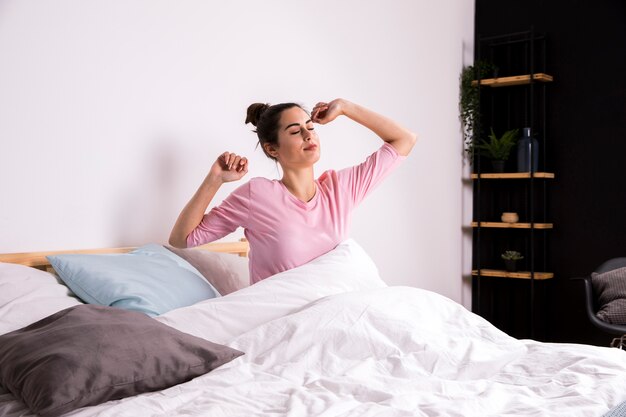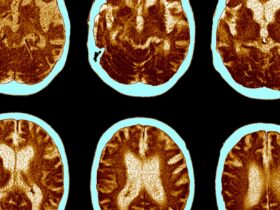In today’s fast-paced world, it’s easy to underestimate the importance of a good night’s sleep. We often sacrifice our rest for work, social activities, or binge-watching our favorite shows. However, the power of sleep should not be underestimated. In this comprehensive guide, we will explore the myriad benefits of quality sleep and provide you with practical advice on how to achieve better rest for a healthier life.
Sleep is not merely a state of rest; it’s a vital component of a healthy lifestyle. Proper sleep has a profound impact on our physical, mental, and emotional well-being. The Power of Sleep: How to Get Better Rest for a Healthier Life cannot be overstated. Let’s delve into the science and art of achieving restorative sleep and uncover the secrets to a healthier, more vibrant life.
The Science Behind Sleep
Understanding the science behind sleep is the first step to harnessing its power. When we sleep, our bodies undergo a complex series of processes that promote healing, memory consolidation, and overall rejuvenation. Here are some key aspects to consider:

Circadian Rhythms: Your Body’s Internal Clock
Our bodies are naturally wired to follow a 24-hour cycle, known as circadian rhythms. These rhythms regulate the sleep-wake cycle and influence our energy levels throughout the day. Aligning your sleep schedule with your circadian rhythms can significantly enhance the quality of your sleep.
REM and NREM Sleep
Sleep consists of two main phases: Rapid Eye Movement (REM) and Non-Rapid Eye Movement (NREM). Each phase serves a unique purpose in restoring our physical and mental health. NREM sleep promotes physical recovery, while REM sleep is crucial for memory consolidation and emotional well-being.
Tips for Better Sleep
Now that we’ve explored the science behind sleep, let’s discuss practical strategies for improving your sleep quality:

Create a Relaxing Bedtime Routine
Establishing a calming pre-sleep routine signals to your body that it’s time to wind down. This can include activities like reading a book, taking a warm bath, or practicing relaxation techniques such as meditation.
Optimize Your Sleep Environment
Ensure that your bedroom is conducive to sleep. This means keeping the room dark, quiet, and cool. Investing in a comfortable mattress and pillows can also make a significant difference.
Limit Screen Time Before Bed
The blue light emitted by phones, tablets, and computers can disrupt your sleep-wake cycle. Try to avoid screens at least an hour before bedtime to promote better sleep.
Watch Your Diet
Certain foods and drinks, like caffeine and heavy meals, can interfere with sleep. Be mindful of your consumption, especially in the hours leading up to bedtime.
The Power of Sleep: How to Get Better Rest for a Healthier Life
Now, let’s explore the profound impact of quality sleep on various aspects of your life:
Physical Health
Quality sleep is essential for physical health. It boosts your immune system, helps regulate weight, and reduces the risk of chronic diseases such as diabetes and heart disease.
Mental Clarity and Productivity
A well-rested mind is sharper and more focused. Adequate sleep enhances cognitive functions, decision-making, and problem-solving skills.
Emotional Well-Being
Sleep plays a pivotal role in emotional regulation. It reduces stress, anxiety, and irritability while enhancing your overall mood and resilience.

FAQs
Ideally, adults should aim for 7-9 hours of sleep per night to reap the full benefits of quality rest.
While it’s possible to catch up on sleep occasionally, consistent sleep patterns are crucial for optimal health.
Practice relaxation techniques, limit screen time, and consider speaking to a healthcare professional if sleep troubles persist.
Short daytime naps (20-30 minutes) can be rejuvenating without significantly impacting nighttime sleep.
While exercise is generally beneficial, it’s best to avoid vigorous workouts close to bedtime, as they can be stimulating.
Yes, foods rich in tryptophan, such as turkey and bananas, can aid in sleep regulation.
Conclusion
The power of sleep is undeniable. It is the cornerstone of a healthier, more fulfilling life. By understanding the science of sleep, implementing practical tips, and recognizing the profound impact sleep has on your physical and mental well-being, you can harness this power and embark on a journey towards a happier and healthier you.






